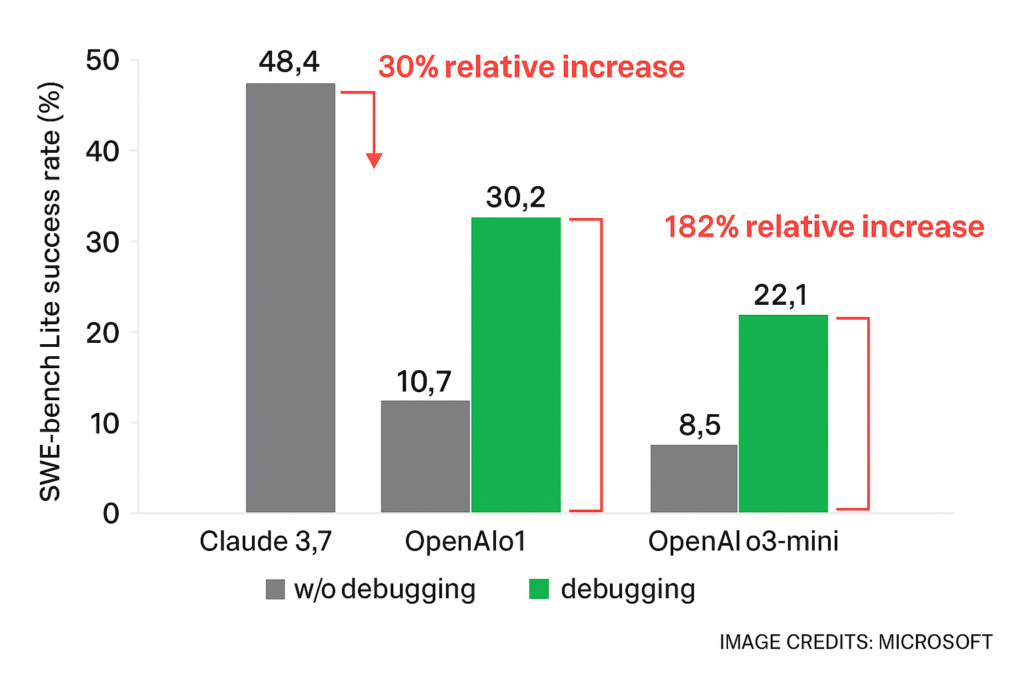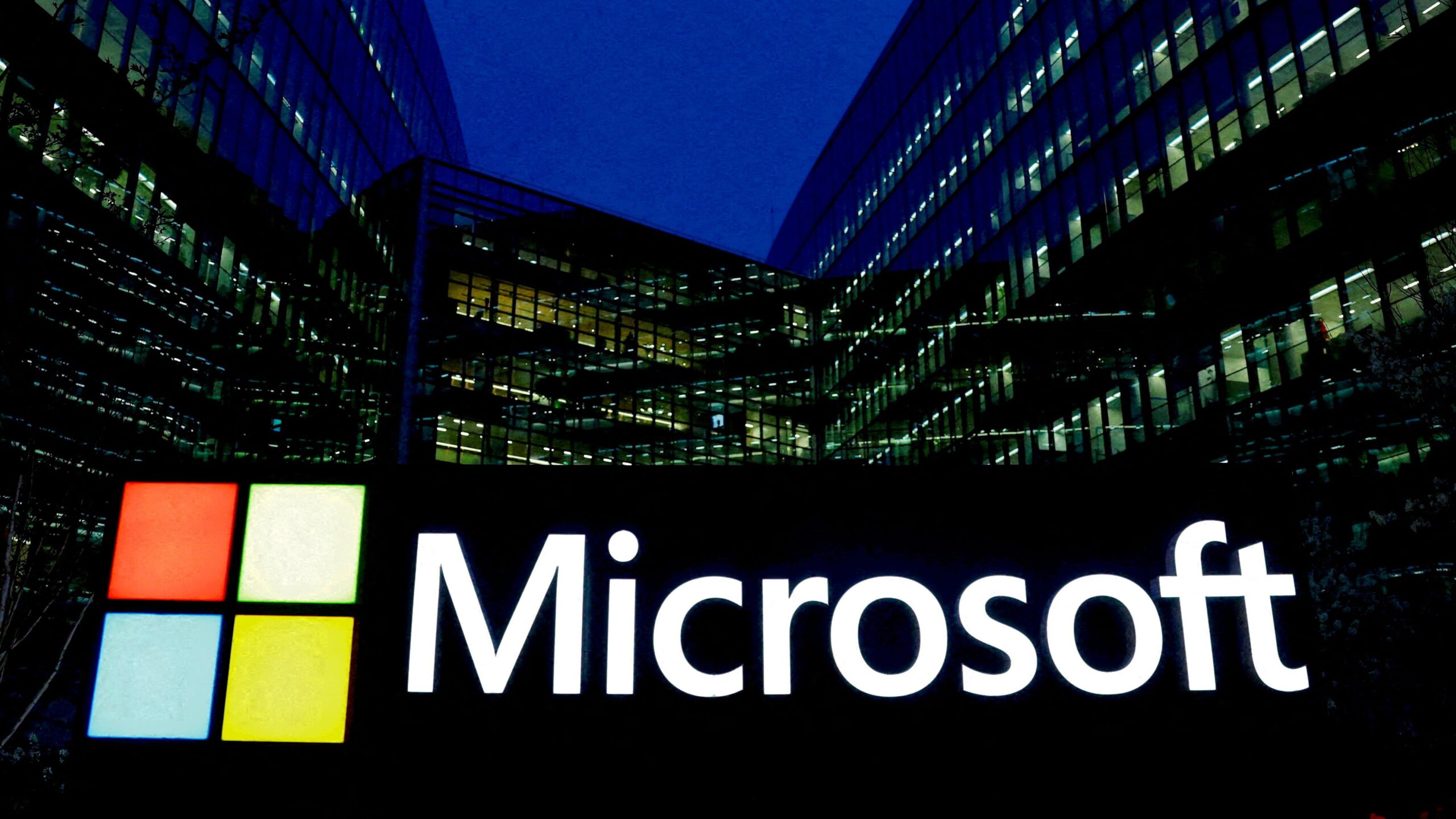
AI models from OpenAI, Anthropic, and other leading labs are playing a growing role in assisting with software development. Google CEO Sundar Pichai noted in October that 25% of the company’s new code is now AI-generated, while Meta CEO Mark Zuckerberg has expressed ambitions to deploy AI coding tools widely across the company.
However, despite their rising use, even state-of-the-art models continue to falter when faced with real-world debugging challenges.
A recent study by Microsoft Research — the R&D arm of Microsoft — reveals that AI models, including Anthropic’s Claude 3.7 Sonnet and OpenAI’s o3-mini, fail to solve many debugging tasks in a benchmark known as SWE-bench Lite. The findings highlight the limitations of current AI models, which remain far from matching the capabilities of experienced human developers.
In the study, researchers tested nine models using a “single prompt-based agent” equipped with access to debugging tools like a Python debugger. The agent was assigned 300 curated software debugging tasks. Even with access to modern tools and powerful models, success rates remained underwhelming. Claude 3.7 Sonnet performed best, but only achieved a 48.4% success rate. OpenAI’s o1 followed with 30.2%, and o3-mini trailed at 22.1%.
One of the main challenges, the researchers found, was the models’ difficulty in effectively using debugging tools and understanding how to apply them to different problems. But a deeper issue is data scarcity — particularly the lack of training data that reflects “sequential decision-making processes” like human debugging traces.
“We strongly believe that training or fine-tuning [models] can make them better interactive debuggers,” the researchers wrote. “However, this will require specialized data… trajectory data that records agents interacting with a debugger.”
These results align with previous findings: while AI can write code, it often introduces errors or security flaws due to limited understanding of programming logic. A recent evaluation of Devin, a high-profile AI coding assistant, showed it completed only three out of 20 programming tasks successfully.
Despite these shortcomings, investor interest in AI-assisted coding tools remains strong. Still, this study may serve as a cautionary tale for developers and executives who are considering giving AI a larger role in software development workflows.
Many tech leaders, however, remain optimistic about the future of human programmers. Microsoft co-founder Bill Gates, Replit CEO Amjad Masad, Okta CEO Todd McKinnon, and IBM CEO Arvind Krishna have all expressed confidence that programming will remain a vital profession — AI or not.



